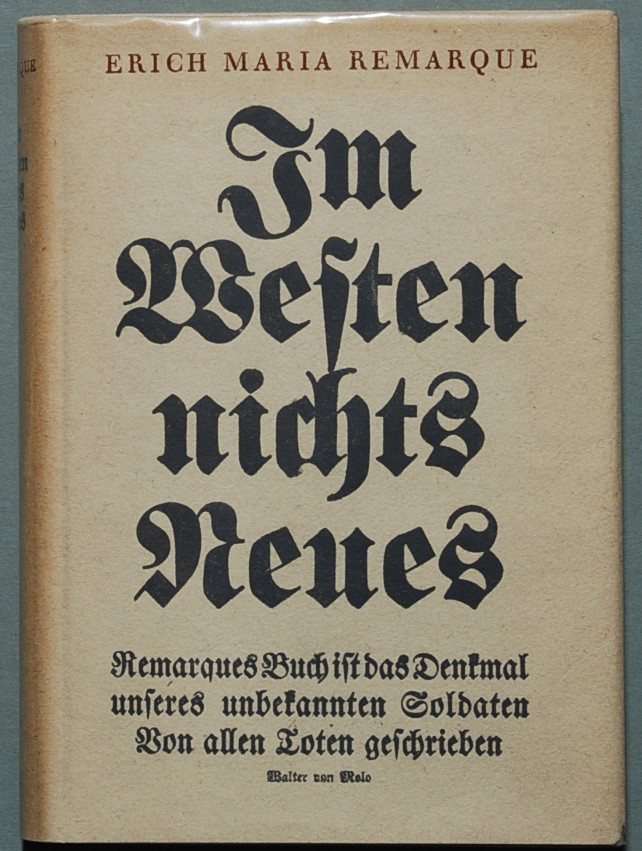- Joined
- Sep 10, 2020
- Messages
- 14,087
- Reaction score
- 28,326
- Location
- New England, United States
- Gender
- Female
- Political Leaning
- Very Liberal
On November 11 the United States celebrates Veterans Day, a holiday commemorating all people who are serving or have served in he military. This day is a separate holiday from Memorial Day, celebrated at the end of May, which commemorates the war dead. It can be confusing, however, because the roots of Veterans Day lie in a war, The Great War, World War I and November 11 was originally called Armistice Day.
World War I was a war in which millions of men sometimes died in a single battle, a war so deadly that it wiped out an entire generation of young men who were known as "The Lost Generation" and whose death affected the women of the world and demography since they did not marry and produce children. It began in 1914 and ended with an armistice on the eleventh hour of the eleventh day of the eleventh month.
A great deal of poetry was written during World War I, almost all of it by soldiers, many of whom never returned home. Much of the early poetry was idealistic as the soldiers went off to war with noble intentions and patriotic fervor. Later the grim horrors of the war were reflected in the poetry.
I am posting two poems, one an early poem by the English poet Rupert Brooke which was written when the outlook toward the war was still rosy and the other a later poem by Wilfred Owen whuch was written after the horrors of war became know, Both poems are extremely famous and have come to symbolize World War One's poetry.
The Soldier
If I should die, think only this of me:
That there's some corner of a foreign field
That is for ever England. There shall be
In that rich earth a richer dust concealed;
A dust whom England bore, shaped, made aware,
Gave, once, her flowers to love, her ways to roam,
A body of England's, breathing English air,
Washed by the rivers, blest by suns of home.
And think, this heart, all evil shed away,
A pulse in the eternal mind, no less
Gives somewhere back the thoughts by England given;
Her sights and sounds; dreams happy as her day;
And laughter, learnt of friends; and gentleness,
In hearts at peace, under an English heaven.
Dulce et Decorum EstBy Wilfred Owen
Bent double, like old beggars under sacks,
Knock-kneed, coughing like hags, we cursed through sludge,
Till on the haunting flares we turned our backs,
And towards our distant rest began to trudge.
Men marched asleep. Many had lost their boots,
But limped on, blood-shod. All went lame; all blind;
Drunk with fatigue; deaf even to the hoots
Of gas-shells dropping softly behind.
Gas! GAS! Quick, boys!—An ecstasy of fumbling
Fitting the clumsy helmets just in time,
But someone still was yelling out and stumbling
And flound’ring like a man in fire or lime.—
Dim through the misty panes and thick green light,
As under a green sea, I saw him drowning.
In all my dreams before my helpless sight,
He plunges at me, guttering, choking, drowning.
If in some smothering dreams, you too could pace
Behind the wagon that we flung him in,
And watch the white eyes writhing in his face,
His hanging face, like a devil’s sick of sin;
If you could hear, at every jolt, the blood
Come gargling from the froth-corrupted lungs,
Obscene as cancer, bitter as the cud
Of vile, incurable sores on innocent tongues,—
My friend, you would not tell with such high zest
To children ardent for some desperate glory,
The old Lie: Dulce et decorum est
Pro patria mori.
Notes:
Latin phrase is from the Roman poet Horace: “It is sweet and fitting to die for one’s country.”
Last edited:





